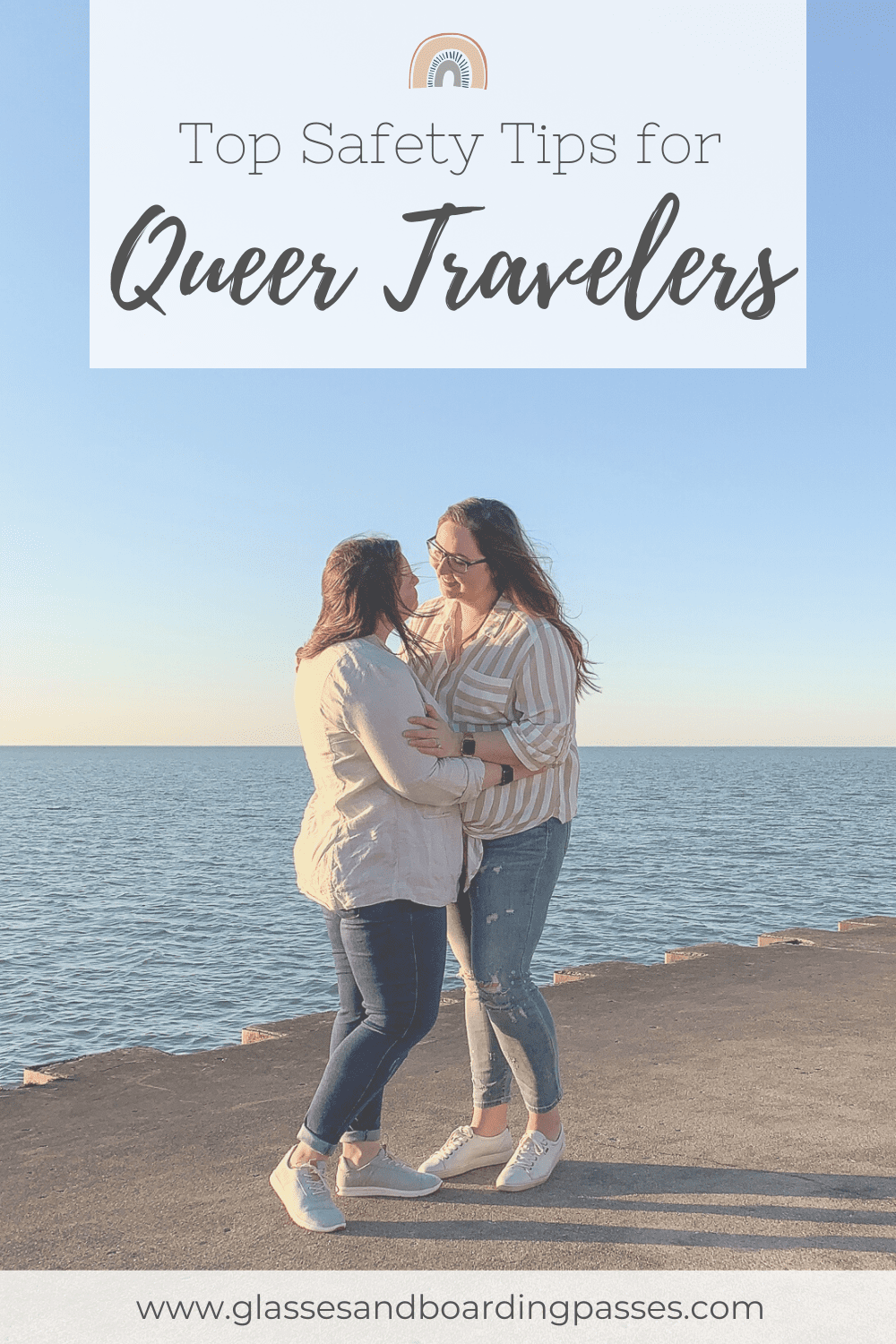
Traveling abroad is no easy feat – there’s money to save, logistics to plan, tickets to buy. If you’re a queer traveler, there’s also the added stress of determining how safe your destination is for the LGBTQ+ community. It’s an unfortunate reality, but queer travelers may face discrimination in even the safest countries. And, on the other end of the spectrum, the most dangerous countries for queer travelers have laws that may imprison or even kill LGBTQ+ people just for being who they are. However, I believe with the right knowledge and precautions, travel can be a rewarding and safe experience for everyone. Check out my safety tips for queer travelers below to get started!
Research local laws
Whenever I am planning a new trip, I always begin by researching my destination. As queer travelers, this research should include reading LGBTQ+ laws and understanding the risk level of traveling to that country.
Types of LGBTQ+ laws to consider
When beginning your research, it’s important to understand basic information on LGBTQ+ laws such as:
- The legality of homosexuality (as it is illegal in 70 countries!). If it is illegal, what is the punishment? It can range from a fine, to imprisonment, to death. Some countries may have these laws but not enforce them unless it is obvious you are queer (a “don’t ask, don’t tell” type policy).
- The legality of same-sex marriage. Unless you’re planning to get married abroad, the main takeaway from this metric is how it is reflective of society’s view of queer people. Countries with more traditional views on the queer community often have not legalized marriage equality. If you are married, it is important to understand if the country will honor your marriage even if it is illegal in your destination. If your spouse becomes hospitalized abroad and your marriage is not recognized, you may be unable to visit them or make their medical decisions. I would consider bringing evidence that you are your spouse’s power of attorney in situations like this.
- The legality of changing genders. As a cis person, I admit this complicated topic is not my expertise. However, at the very least, trans or non-binary folx should understand if their destination will accept their gender. This is especially true if your gender is different from any of your legal documents. Some countries allow gender transitions, but only if reassignment surgery has been performed.
Sources of LGBTQ+ law information
One easy way to start compiling queer travel safety information is to look at the scorecard published by Asher and Lyric Fergusson. Asher and Lyric are two safety experts who put together an in-depth analysis of LGBT safety in the 150 most visited countries. (This is also the source for the LGBTQ+ safety grades on my country landing pages!) The visuals of this article make it very user-friendly and an excellent starting point in your research.
I also like to check my destination’s page on Equaldex. Equaldex is a collaborative website that uses crowd-sourced information to create a comprehensive LGBTQ+ travel safety database. While the information on the site is quite detailed, due to the nature of crowd-sourcing information, I always ensure it appears up-to-date and consistent with information I’m seeing in other places.
Finally, I typically read the country’s LGBT safety Wikipedia page. The overview, particularly regarding the country’s LGBTQ+ history, helps put all of your other research into context.
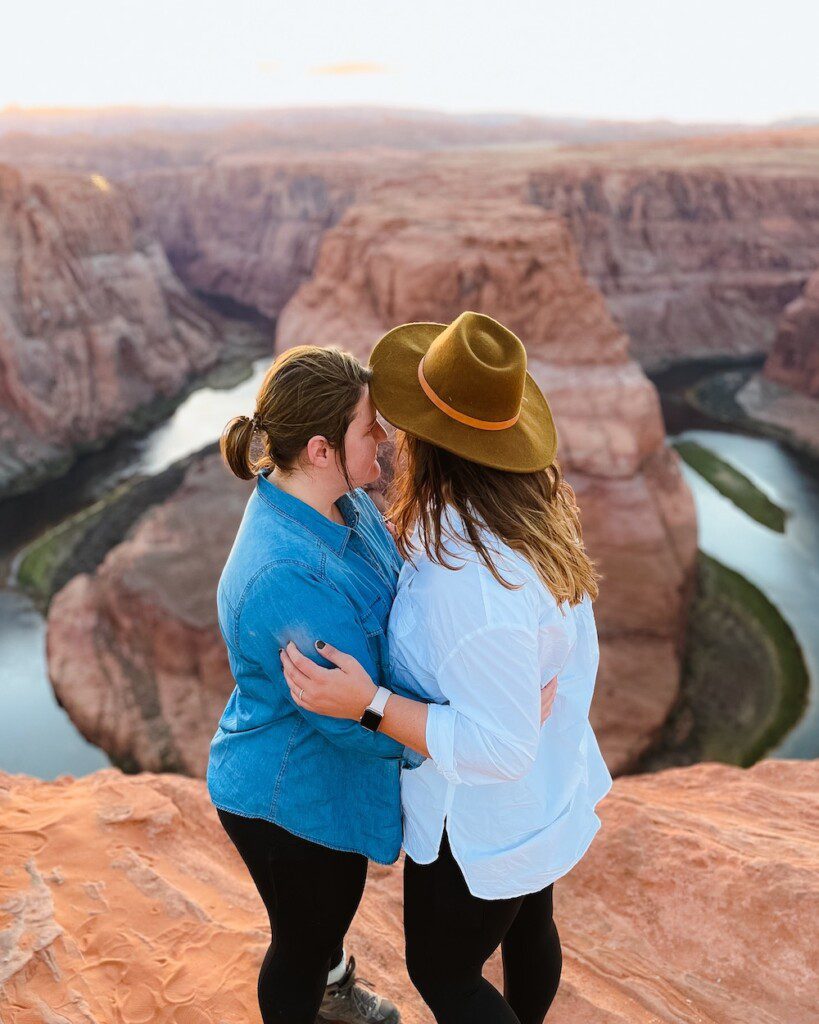
Hear from other queer travelers
This is an obvious one, but check out queer travel blogs (like this one!) for experiences from other LGBTQ+ travelers who have been to the place you are planning to go. This is especially important because laws don’t always represent the feelings of society. For example, in the US, although homosexuality and same-sex marriage is legal, there is a high risk of discrimination in certain parts of the country. There’s nothing better than a firsthand account to get an idea of what you will experience on your trip.
Get your story straight (even when you’re not!)
Once you’ve established an understanding of the relevant laws and cultural views of your destination, it’s time to consider how much information about your sexuality or gender identity you are willing to share with the public. Unfortunately, travel – like most activities where you meet new people – will likely involve having to come out again and again. As I will cover in the following sections, this can be either directly or indirectly. Your destination will likely determine how open you want to be about your identity. Will you be openly queer, only share when asked, or plan to try and pass as cis and straight? If you’re traveling with a significant other, it’s especially important that both parties are on the same page prior to traveling.
While I prefer not to outright lie about my identity (after all, I’m well past being in the closet!), I am typically more cautious abroad than at home – at least until I can get a feel for the culture of my destination.
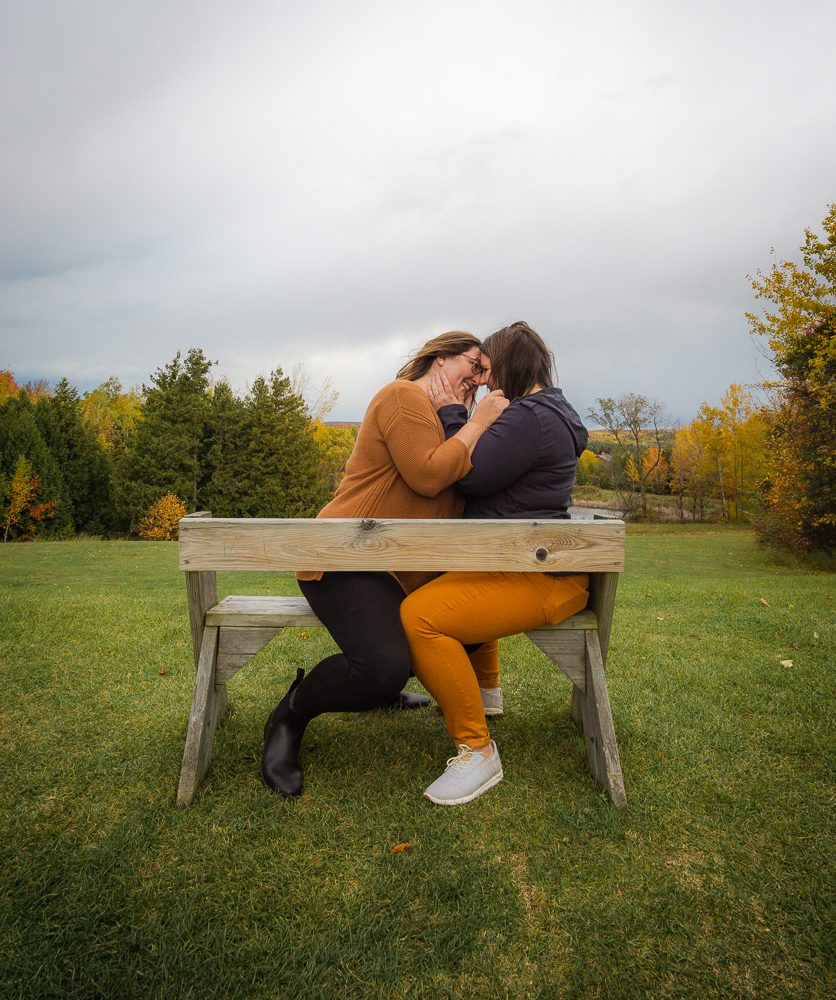
Make a plan for PDA
Public displays of affection (PDA) are one of the easiest ways to out yourself, so this is one of the most important safety tips for queer travelers! Making a plan ahead of time is vital for queer travel safety. Key things to consider include:
- If you’re married, will you wear your wedding ring, and risk getting asked about your significant other? Depending on the location, it might be safer not to flaunt expensive jewelry, making this an easy choice. When I’m abroad, I typically only wear my wedding band. If I am very nervous about my safety as a queer traveler (such as when I visited Russia), I’ll leave my band at home.
- If you’re walking around in public, will you hold hands with your significant other? In some countries, it is common for same-sex friends to hold hands. If so, it might be safe for you to do so, even if there are anti-LGBT laws. In other countries, you may get strange looks despite legal protections. Again, I like to feel out the vibe of my destination before displaying any type of PDA with my wife.
- Will you kiss or be otherwise affectionate with your partner? While kissing is obvious, other PDA could imply a relationship and is something to be mindful of in riskier countries. Many signs of affection may be small and subconscious, requiring more intentional effort to avoid if needed.
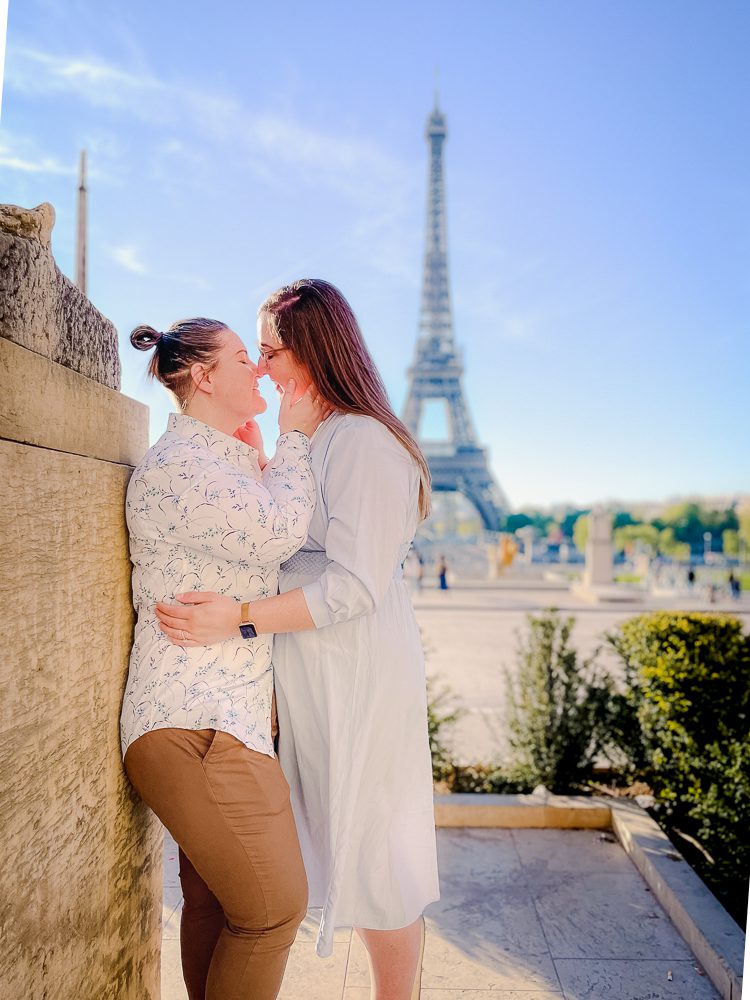
Consider appearances in public spaces
In addition to PDA, there are other things to be aware of that can out you accidentally. If you’re a couple, requesting one bed in a hotel room could raise some eyebrows, so consider asking for two beds. If you’re trans or non-binary, consider where you will be going during the day, which bathroom you plan to use, and safe places to do so. There are several apps you can download on your phone to provide guidance on safe bathrooms abroad.

Find queer-friendly spaces in your destination
One of the most rewarding parts of traveling can be meeting locals and learning about local culture! This is especially true for queer travelers – there is safety in numbers! Most major cities will have an LGBTQ+ neighborhood, or at least several bars and restaurants that are popular with queer locals.
To find queer-friendly spaces abroad, I always start with recommendations from queer friends or bloggers who have previously visited my destination. Social media can also be a helpful source in larger cities. Consider local queer communities on Instagram, Facebook, and Reddit for suggestions.
In countries with stricter LGBTQ+ laws, be aware that police may use queer spaces or online apps as traps to arrest queer people, so exercise additional caution. Research the nearest embassy of your home country so you know where to go or who to call if you run into legal trouble.
Share your travel plans with a loved one back home
Once you’ve planned out all the details of your dream trip, make sure to share it with a loved one back home before you leave. That way, someone will know where you are if the worst should happen.
If you’re American, I also like to sign up for notifications from the US State Department’s Safe Traveler Enrollment Program (STEP). When you sign up, you can enter your destinations and dates of travel. STEP will then automatically email you with any major events or travel advisories near your planned destination.

Consider your unique circumstances and listen to your gut
I’d like to take a moment and acknowledge the immense privilege I’ve had traveling as a white, cis-gendered, femme, passing queer woman. This has provided me with inherent protections that I know my fellow trans, non-binary, and POC travelers do not always have. Therefore, while the above safety tips for queer travelers are based upon my experiences, always consider your unique circumstances as a queer traveler. Depending on your demographics and destination, and you may need to consider additional safety precautions.
As with anything in life, always listen to your gut. If something doesn’t feel right, it probably isn’t. And, as a queer traveler, it is better to be safe than sorry.
In addition to the safety tips for queer travelers listed above, always employ generic safety precautions while traveling. These include not flaunting your valuables, walking confidently (even if you’re not!), not walking alone at night, and considering travel insurance.
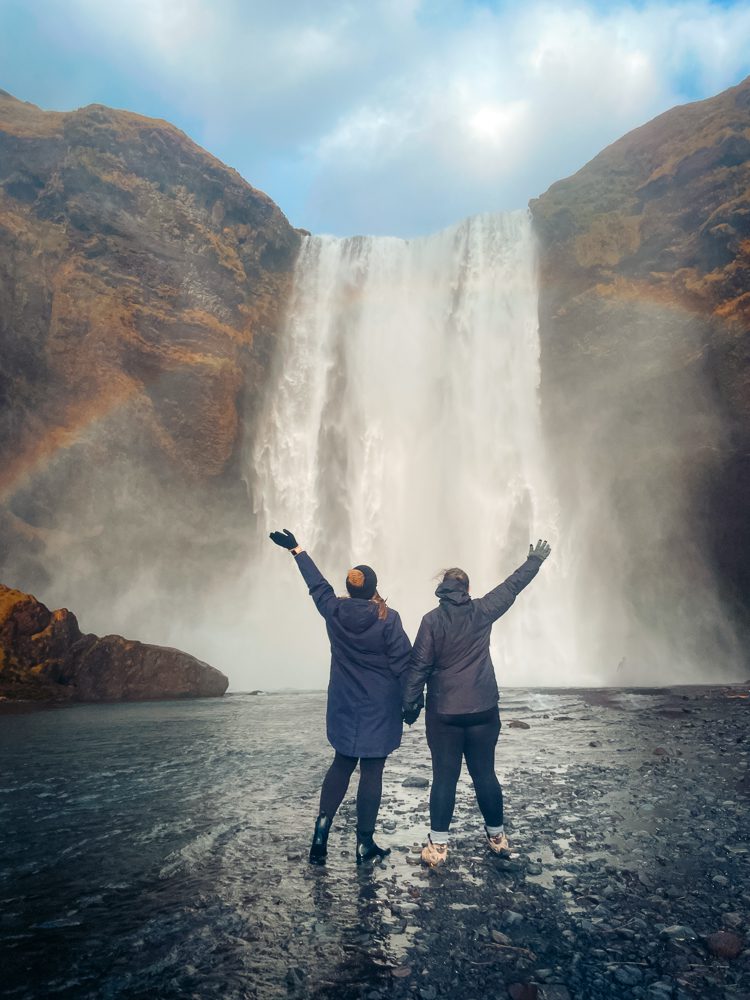
Finally, have fun! Travel can be one of the most rewarding and empowering experiences. Queer travelers shouldn’t have to miss out on that experience just because of who they are. And, as an added bonus, the more that queer people travel and interact with locals, the more accepting the world will become. We all have the opportunity to change the world, one heart at a time.
I hope the above tips will help you feel more at ease when you embark on your next adventure! Do you have other tips that work for you? Let me know below in the comments!
Looking for more queer travel tips? Visit my LGBTQ+ landing page for all my best resources!


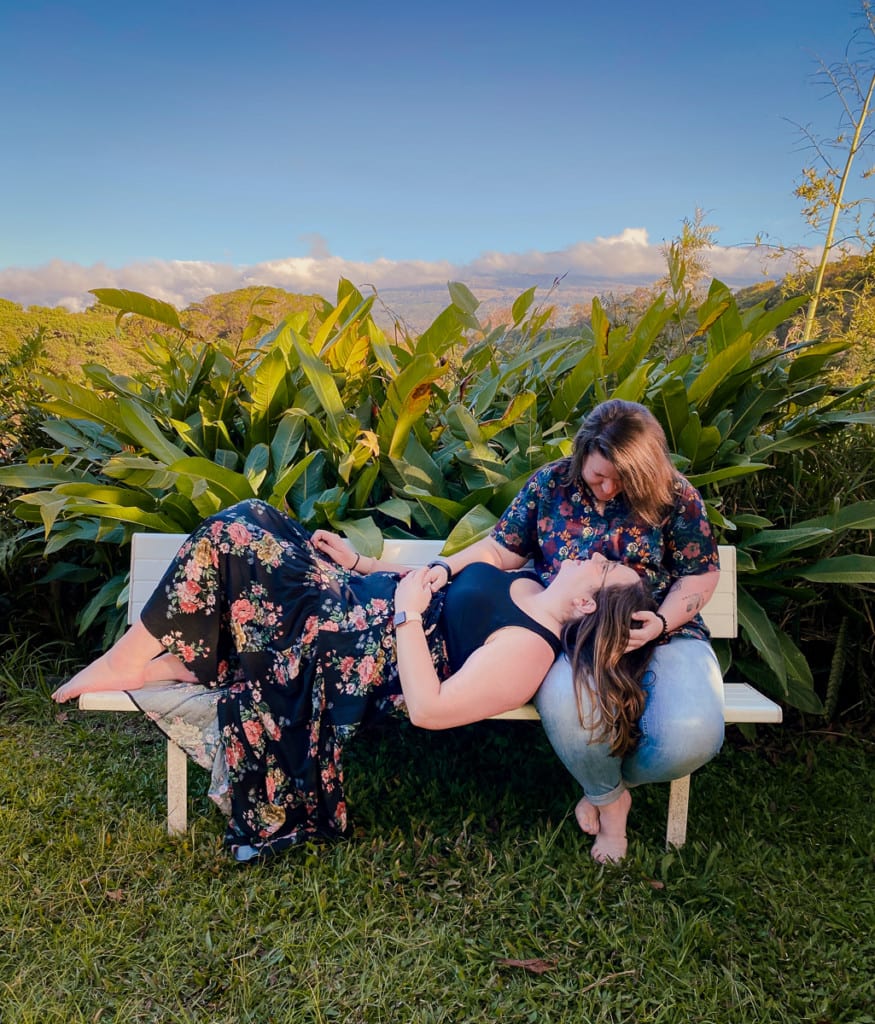
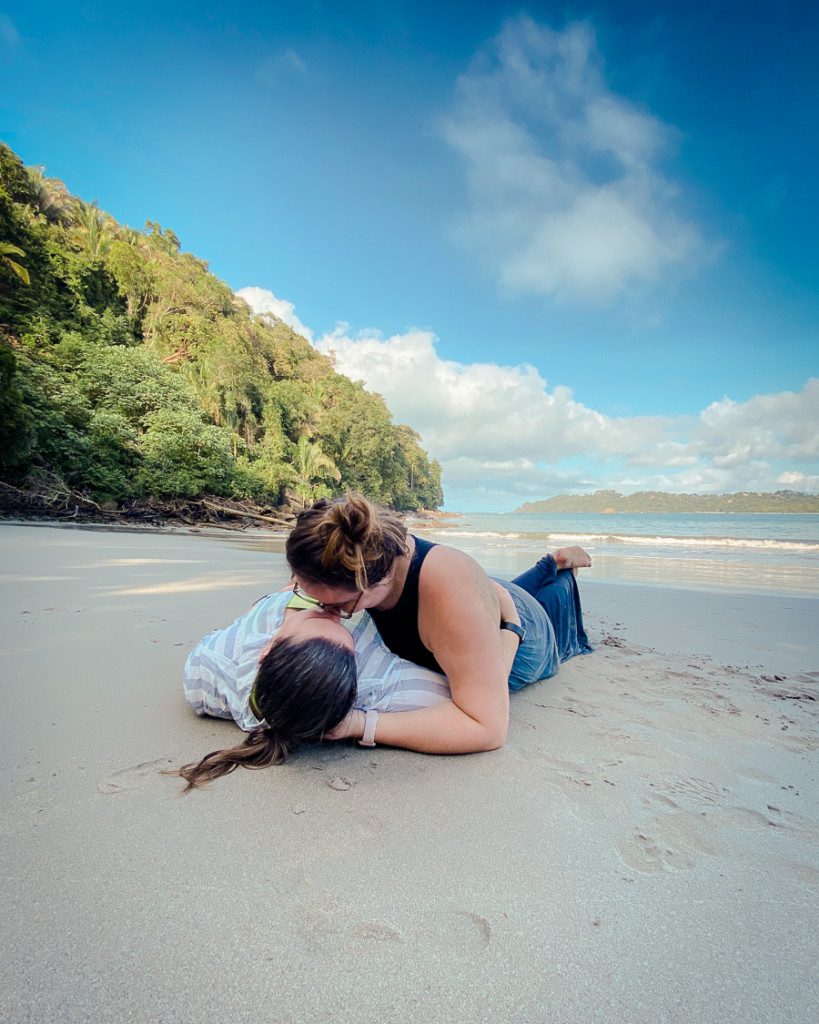
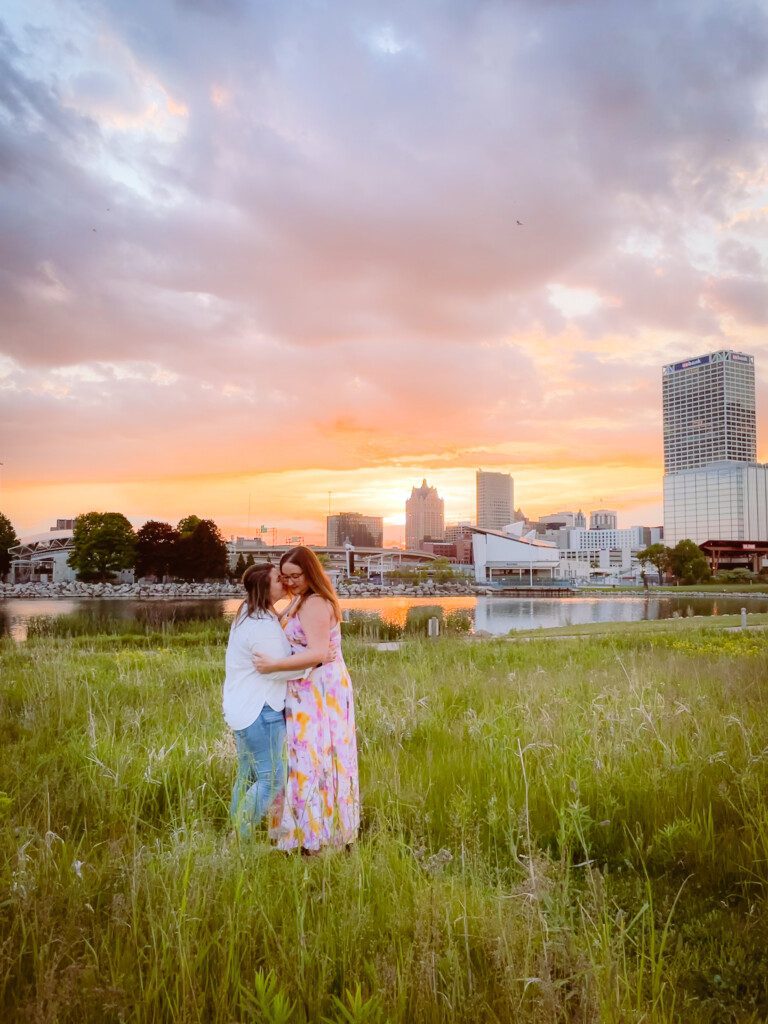

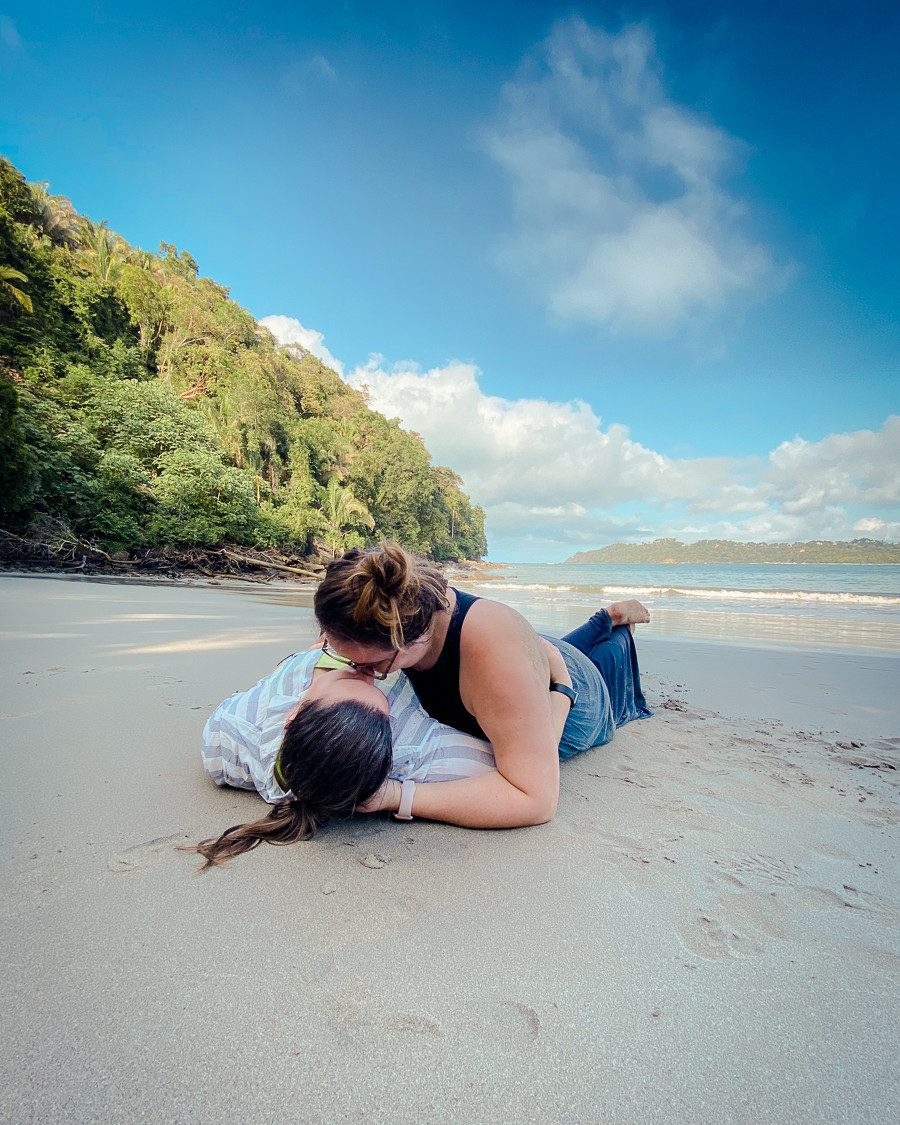

Leave A Comment